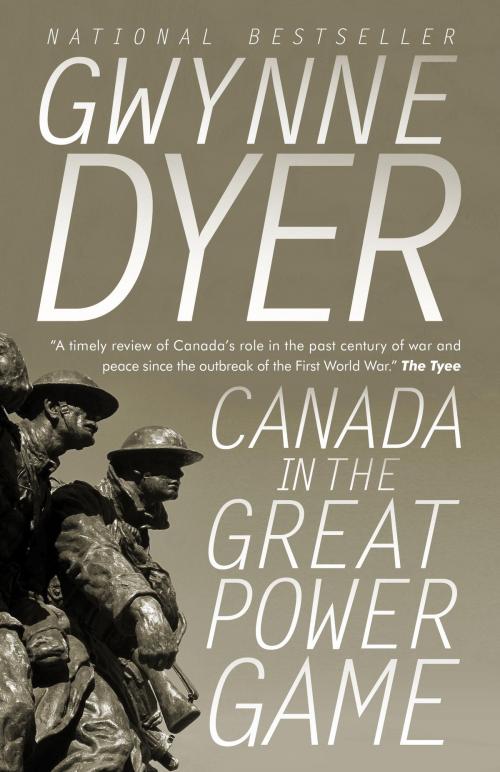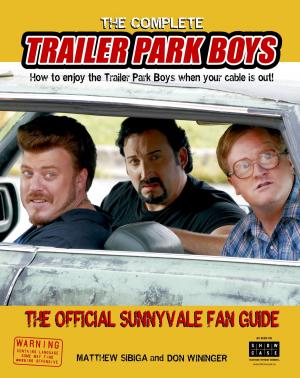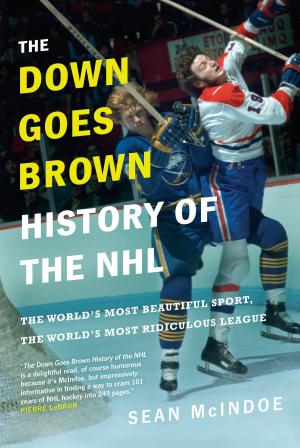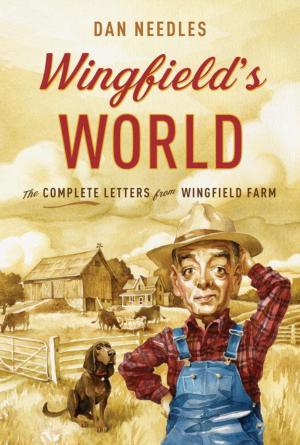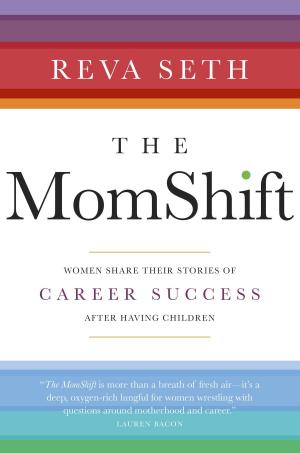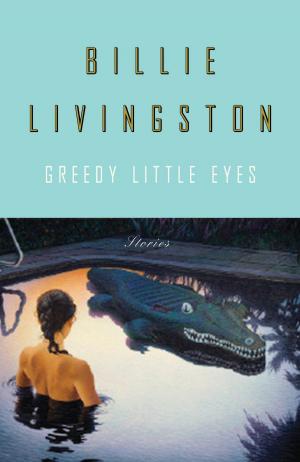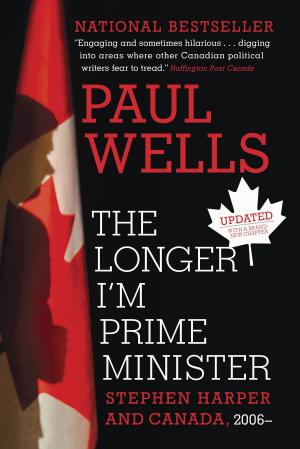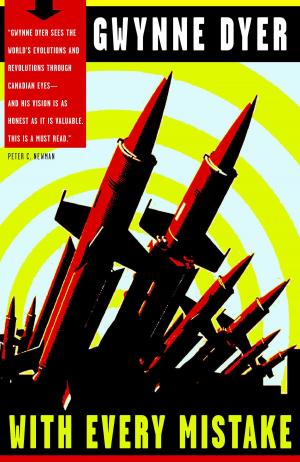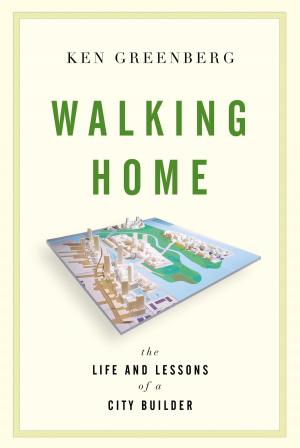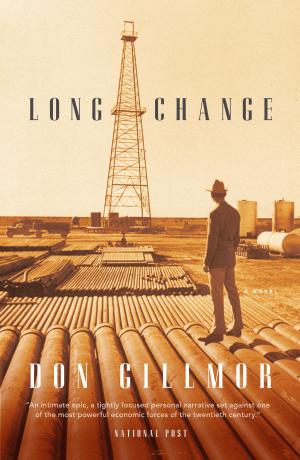| Author: | Gwynne Dyer | ISBN: | 9780307361707 |
| Publisher: | Random House of Canada | Publication: | August 5, 2014 |
| Imprint: | Random House Canada | Language: | English |
| Author: | Gwynne Dyer |
| ISBN: | 9780307361707 |
| Publisher: | Random House of Canada |
| Publication: | August 5, 2014 |
| Imprint: | Random House Canada |
| Language: | English |
Canada in the Great Power Game 1914-2014 is a serious contemplation of what it means to engage in major world conflicts, and the price we pay when we do.
The First World War was Canada's baptism of fire, or at least the only one that people now remember. (Montrealers in 1776 or Torontonians in 1814 would have taken a different view.) From 1914 to 1918, after a century of peace, Canadians were plunged back into the old world of great power rivalries and great wars. So was everybody else, but Canadians were volunteers. We didn't have to fight, but we chose to, out of loyalty to ideas and institutions that today many of us no longer believe in. And we have been doing the same thing ever since, although we haven't quite given up on the latest set of ideas and institutions yet.
In Canada in the Great Power Game, Gwynne Dyer moves back and forth between the seminal event, the First World War, and all the later conflicts that Canada chose to fight in. He draws parallels between these conflicts, with the same idealism among the young soldiers, and the same deeply conflicted emotions among the survivors, surfacing time and again in every war right down to Afghanistan. And in each case, the same arguments pro and con arise--mostly from people who are a long, safe way from the killing grounds--for every one of those "wars of choice."
Echoing throughout the book are the voices of the people who lived through the wars: the veterans, the politicians, the historians, the eyewitnesses. And Dyer takes a number of so-called excursions from his historical account, in which he revisits the events and puts them in context, pausing to ask such questions as "What if we hadn't fought Hitler?" and "Is war written in our genes?" This entertaining and provocative book casts an unsparing eye over what happens when Canada and the great powers get in the war business, illuminating much about how we see ourselves on the world stage.
Canada in the Great Power Game 1914-2014 is a serious contemplation of what it means to engage in major world conflicts, and the price we pay when we do.
The First World War was Canada's baptism of fire, or at least the only one that people now remember. (Montrealers in 1776 or Torontonians in 1814 would have taken a different view.) From 1914 to 1918, after a century of peace, Canadians were plunged back into the old world of great power rivalries and great wars. So was everybody else, but Canadians were volunteers. We didn't have to fight, but we chose to, out of loyalty to ideas and institutions that today many of us no longer believe in. And we have been doing the same thing ever since, although we haven't quite given up on the latest set of ideas and institutions yet.
In Canada in the Great Power Game, Gwynne Dyer moves back and forth between the seminal event, the First World War, and all the later conflicts that Canada chose to fight in. He draws parallels between these conflicts, with the same idealism among the young soldiers, and the same deeply conflicted emotions among the survivors, surfacing time and again in every war right down to Afghanistan. And in each case, the same arguments pro and con arise--mostly from people who are a long, safe way from the killing grounds--for every one of those "wars of choice."
Echoing throughout the book are the voices of the people who lived through the wars: the veterans, the politicians, the historians, the eyewitnesses. And Dyer takes a number of so-called excursions from his historical account, in which he revisits the events and puts them in context, pausing to ask such questions as "What if we hadn't fought Hitler?" and "Is war written in our genes?" This entertaining and provocative book casts an unsparing eye over what happens when Canada and the great powers get in the war business, illuminating much about how we see ourselves on the world stage.
